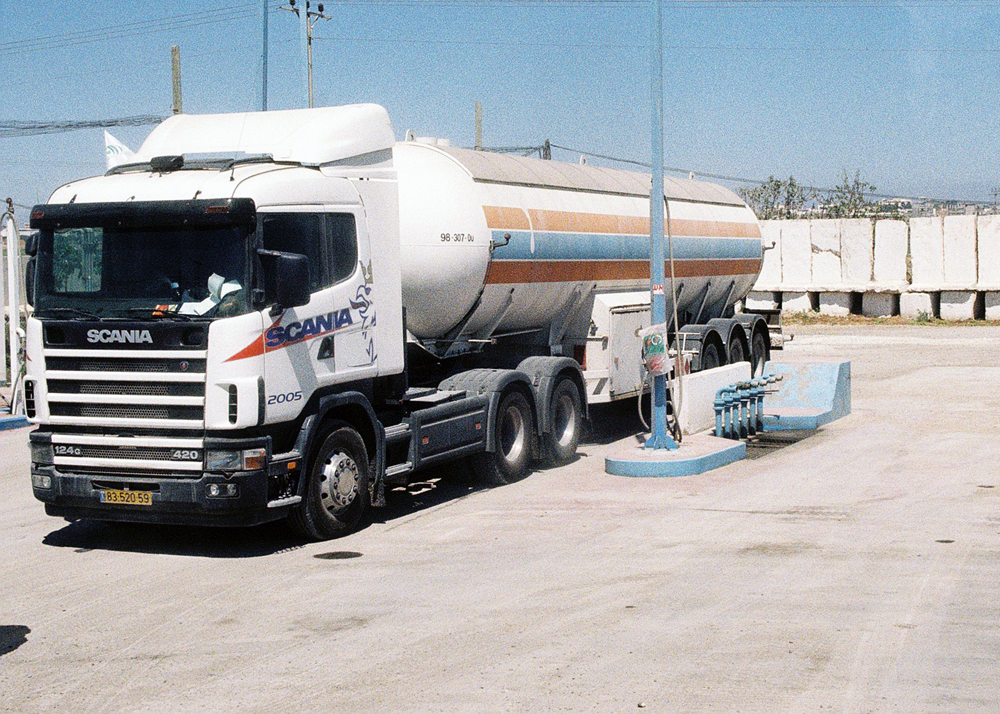Israel's High Court instructed the state on 30 November not to cut power to the Gaza Strip pending clarification on exactly how electricity reductions would take place and what humanitarian impact they would have on the civilian population in the enclave.
However, the court did allow the continuation of cuts in fuel supplies - something that has been going on for over a month and which rights groups say is affecting tens of thousands of people. For example, in the southern Gaza city of Rafah water was cut off for an extended period at the beginning of November.
The High Court ruled after hearing an appeal for an urgent injunction by 10 Israeli and Palestinian human rights groups, civilians and Maher Najjar, deputy director of Gaza's Coastal Municipalities Water Utility (CMWU).
Najjar was allowed out of Gaza , home to 1.5 million people of which about 70 percent are refugees - to testify.
"Cutting the power will lead to a catastrophe," he told the three judges, adding that the effects of the fuel cuts were already being felt, and he was worried about shortages of power affecting pumping stations, and sewage overflowing into the streets and people’s homes.
"Right now, in my own house, I receive water six to eight hours a day, every other day. If the electricity is cut, and I miss a day, we can end up going for four days without drinking water," Najjar, an engineer, said, noting the already low quality of water supplies in the Strip.
According to Oxfam, some Gazans are now buying unclean water from unofficial suppliers.
The hearing was called after the state prosecutor's office informed the court that power reductions would begin on 2 December, a date now deferred until at least the middle of the month, if not later. The court will eventually determine the legality of the sanctions.
Israel supplies about 60 percent of Gaza's electricity, according to UN figures.
Sari Bashi, an attorney from Gisha, one of the petitioning organisations, told the court that while the state promised to ensure basic humanitarian standards in Gaza, even with the cuts, this was not possible to control or determine. She said hospitals were already affected by power outages.
"The minimum [humanitarian] standards should not be what [Israel] purposefully deteriorates the situation to, but rather the minimum standards you strive to meet" in times of conflict, Bashi told the court.
Court asks for more documentation
The justices, headed by High Court President Dorit Beinisch, remained concerned over whether militants firing rockets at Israel would also benefit from fuel and power.
Beinisch, in her ruling, said the fuel cuts were reasonable, as correct distribution within Gaza would ensure humanitarian services were not affected. However, she asked to see more documentation on the electricity in Gaza and whether cuts would indeed cause harm.
Israel enacted the sanctions in response to rocket fire, but they are also seen as a punitive measure against the ruling Hamas movement in Gaza.
Hassan Jabarin, a lawyer with Adalah, another petitioner, said the court's decision ran contrary to international law as it allowed for "the use of a civilian population for political purposes": pressure was being placed on Gazans so they would place political pressure on Hamas, he said.
shg/cb
This article was produced by IRIN News while it was part of the United Nations Office for the Coordination of Humanitarian Affairs. Please send queries on copyright or liability to the UN. For more information: https://shop.un.org/rights-permissions





